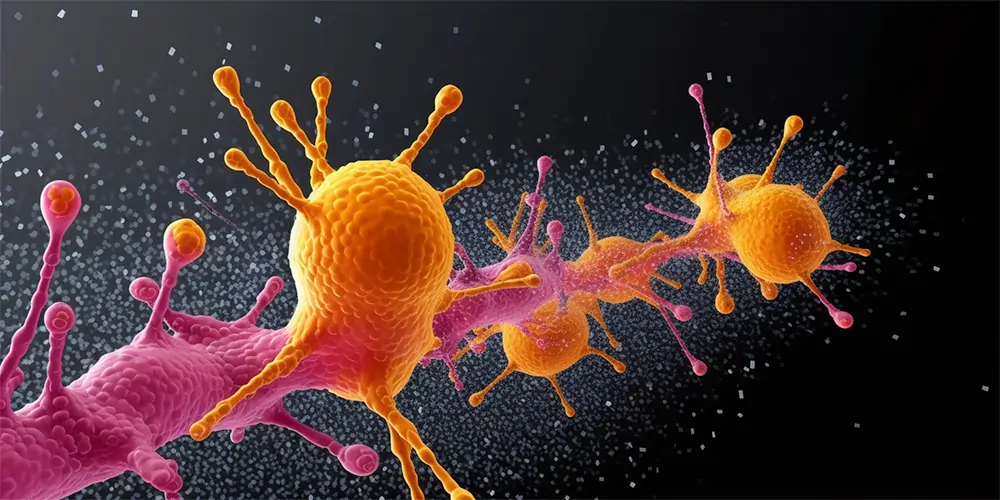Google is developing an artificial intelligence system that can automatically generate news articles from a set of facts.
Codenamed “Genesis”, the technology has already been pitched to major UK and US publishers.
The New York Times reports that Google has contacted several prominent news organisations, including the Washington Post, News Corp, and the New York Times itself.
Media executives express doubts
While Google claims Genesis will merely “assist” journalists, some media executives are unsettled by its implications.
Two anonymous New York Times executives described the AI pitch as “troubling”, suggesting it could threaten human jobs.
“It seemed to take for granted the effort that goes into producing accurate and artful news stories,” said one executive familiar with the product.
The prospect of AI-generated news hits close to home for an industry still recovering from years of layoffs and budget cuts.
Genesis offers an opportunity to produce more content without hiring more staff.
“Publishers facing economic headwinds may find AI-generated articles hard to resist, despite misgivings,” said media analyst Peter Dabbs. “The tech could prove tempting as a cost-cutting measure.”
AI transforms white-collar work
The Genesis project reflects a broader trend of using AI to automate office work.
A recent KPMG report estimated 43% of writing tasks could soon be done by AI. Jobs like copywriters, authors, and translators may eventually be handled by machines.
“Major economies are on the cusp of an AI revolution that could lead to job losses in skilled professions,” warned a recent OECD report. Areas like law, finance, and healthcare also face disruption from thinking machines.
Although publishers have been cautious about adopting AI content, economic factors may force their hand.
Since the pandemic began, newsrooms across the UK have cut staff to trim costs. An AI writer like Genesis offers an opportunity to cheaply produce more copy.
“Publishers facing economic headwinds may find AI-generated articles hard to resist, despite misgivings,” said Dabbs.
Can AI get the facts right?
But AI article writers have shown a propensity for misinformation.
ChatGPT was recently sued for defamation after falsely summarising a court case.
“AI systems cannot independently verify facts or interview sources,” said journalism professor Jeff Jarvis of the City University of New York. “If used irresponsibly, they could damage the credibility of news organisations.”
Google claims Genesis will not replace human journalists’ roles in “reporting, creating, and fact-checking.”
The company sees it as a writing aid that could suggest headlines or summarise key details.
“If this technology can deliver factual information reliably, journalists should use the tool,” said Jarvis. “But if misused, it could spread misinformation.”
Publishers weigh risks of “generative AI”
An anonymous source told the New York Times that Google wants to “steer the publishing industry away from the pitfalls of generative AI.”
But Google’s track record with factual AI is mixed. Earlier this year, tests found its medical AI was less accurate than real doctors when diagnosing patients.
With publishers under economic strain, the temptations of AI-generated content could override caution.
This month, the Associated Press announced a partnership with ChatGPT creator OpenAI to explore news applications.
The Associated Press collaboration lends legitimacy to AI news content. But AP said its human editors will still oversee all stories, limiting any risks.
Other publishers may not exercise the same restraint as layoffs continue.
Also read:
What will AI mean for journalists?
As Genesis moves from R&D to real newsrooms, Google will face hard questions about its impact on both journalists and journalistic standards.
Despite assurances that AI will simply “augment” reporters, comparable technologies like computerised page layout led to lost jobs as manual tasks were automated away.
“Publishers ended up using those tools for more than just assistance,” noted Dabbs. “The same could happen with AI writers.”
Google contends Genesis will free up journalists’ time for other work by assisting with rote articles. But if quality AI-written stories prove cheaper than paying human reporters, publishers may rely on them more extensively.
Workers who resisted previous technologies found themselves obsolete.
However, AI could actually improve journalism by lightening gruelling workloads.
“Instead of churning out multiple stories per day, writers could focus on best utilising their human skills,” said Dabbs.
Others counter that stories generated by machines, regardless of quality, undermine the profession’s public service mission.
As technology advances, publishers must grapple with urgent ethical questions.
How will AI bylines impact readers’ trust? Can an algorithm truly uphold journalistic principles? And does AI threaten the diverse perspectives a free press requires?
One thing remains certain – AI will not write the final chapter on the future of news. That role still lies firmly in our hands.




